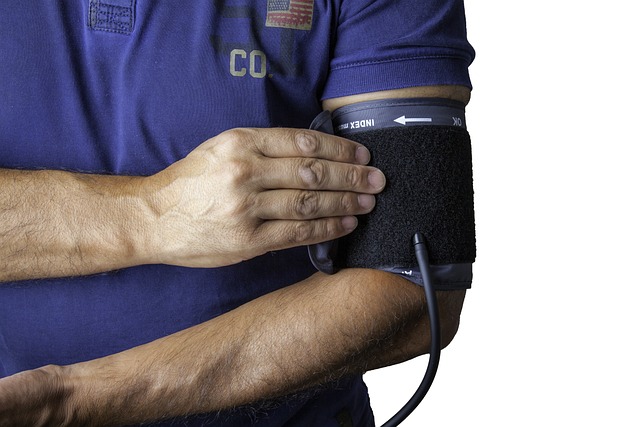Effective Tips to Maintain Healthy Blood Pressure Levels
Introduction
Keeping your blood pressure at a healthy level is essential for overall well-being and lowering the risk of heart disease and other complications. Fortunately, adopting a few lifestyle modifications can significantly help in maintaining optimal blood pressure. In this article, we’ll discuss ten practical strategies to keep your blood pressure under control.
1. Monitor Your Blood Pressure Frequently
Keeping track of your blood pressure regularly helps you stay aware of any fluctuations and take action if needed. Consider using a home blood pressure monitor, especially if you have a family history of high blood pressure or related conditions.
2. Maintain a Nutrient-Rich Diet
Eating a well-balanced diet filled with fruits, vegetables, whole grains, and lean proteins can positively impact blood pressure. Reduce sodium intake by cutting down on processed foods and opting for home-cooked meals. Foods rich in potassium, such as bananas, spinach, and sweet potatoes, help counteract the effects of excess sodium.
3. Manage Your Weight Effectively
Excess weight increases the likelihood of high blood pressure. Achieving and maintaining a healthy weight through proper diet and physical activity can lead to significant improvements in blood pressure regulation. Even losing a small percentage of body weight can make a noticeable difference.
4. Engage in Regular Physical Activity
Exercise plays a key role in maintaining cardiovascular health and controlling blood pressure. Aim for at least 30 minutes of moderate exercise on most days. Activities such as walking, jogging, swimming, cycling, or strength training can be beneficial.
5. Moderate Alcohol Intake
Drinking alcohol in excess can raise blood pressure and lead to other health concerns. If you consume alcohol, do so in moderation—up to two drinks per day for men and one drink per day for women.
6. Reduce Stress Levels
Chronic stress can contribute to elevated blood pressure. Incorporate stress-reducing practices such as meditation, yoga, deep breathing exercises, or spending time outdoors. Finding healthy ways to manage stress improves both mental and physical health.
7. Prioritize Quality Sleep
Poor sleep can negatively affect blood pressure regulation. Strive for 7-9 hours of good-quality sleep each night. Develop a relaxing bedtime routine, limit caffeine intake before bed, and create a comfortable sleep environment to improve restfulness.
8. Quit Smoking
Smoking is a leading risk factor for hypertension and heart disease. If you smoke, quitting can greatly benefit your overall health. Seek assistance from healthcare providers, support groups, or smoking cessation programs to successfully break the habit.
9. Control Caffeine Consumption
While moderate caffeine intake is generally safe, excessive consumption may temporarily spike blood pressure. Be mindful of your caffeine intake from coffee, tea, energy drinks, and sodas. Switching to decaffeinated options or limiting caffeine later in the day can help regulate blood pressure.
10. Follow Medical Advice and Prescriptions
If you’ve been diagnosed with high blood pressure, follow your doctor’s recommendations. Take prescribed medications as directed and attend regular check-ups to monitor progress and make necessary adjustments to your treatment plan.
Conclusion
Maintaining healthy blood pressure is key to long-term well-being. By incorporating these ten habits into your daily routine, you can effectively manage your blood pressure and reduce the risk of complications. Small, consistent changes can have a lasting impact on your overall health.
